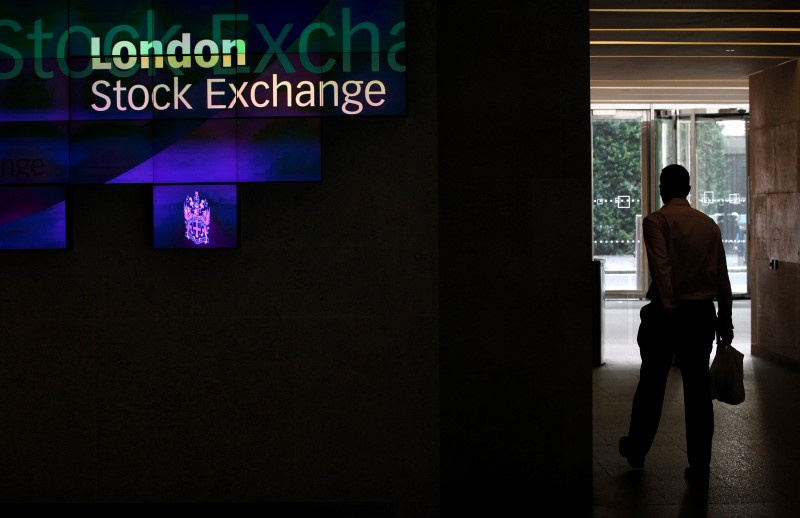ReElement Technologies stock soars after securing $1.4B government deal
Investing.com -- Signs of renewed optimism are building in U.K. equities as domestic data improves and the Bank of England prepares for a possible rate cut, according to Barclays.
The FTSE 100 index is up about 19% this year, outperforming both the Euro Stoxx 50 and S&P 500 in local currency terms. However, the more domestically oriented FTSE 250 has advanced just 8%, reflecting persistent investor caution toward the U.K. economy.
Barclays said recent data — including better-than-expected PMI and retail sales alongside lower inflation — has pushed gilt yields down roughly 32 basis points over the past two weeks.
“Tactically, we believe that the recent underperformance of U.K. domestics improves their risk-reward into a catalysts-heavy November,” strategists led by Emmanuel Cau wrote, adding that Barclays economists expect the Monetary Policy Committee to deliver a surprise 25-basis-point rate cut next week.
The probability of such a move is only 23% priced in by markets, they said.
Furthermore, the upcoming Nov. 26 budget is seen as a key test for sentiment. Barclays economists estimate the Chancellor may need to consolidate around £40 billion by fiscal 2029-30 to meet fiscal rules.
“This is higher than their initial estimates of £26.5bn, hence presents a risk to the outlook in the form of lower growth and weaker inflation in 2026. So the path ahead for the economy remains tricky,” strategists wrote.
Still, they expect the Chancellor to “prioritise fiscal credibility, even if it brings (non-inflationary) tax hikes that break Labour’s manifesto pledge.”
While structural post-Brexit challenges persist, the team believes domestic and bond-proxy stocks offer attractive tactical opportunities should the budget deliver a positive surprise.
Elsewhere, the tone in France is far gloomier. The 2026 budget debate has “become a battleground for anti-business sentiment,” strategists said, as lawmakers on the far right and left push for higher corporate taxes.
The government has extended the exceptional corporate tax surcharge, lifting effective rates up to 33.825% for large firms, and voted to double the levy on technology companies to 6%.
Lawmakers also backed a new tax on share buybacks, raising the rate from 8% to 33% for companies with more than €750 million in revenues, and approved a progressive “superdividends” tax.
Strategists said even if these measures are softened in the Senate, “volatility and populist rhetoric are set to keep pressure on French assets,” with risk premia on domestic stocks likely to remain high heading into the 2027 presidential election.
